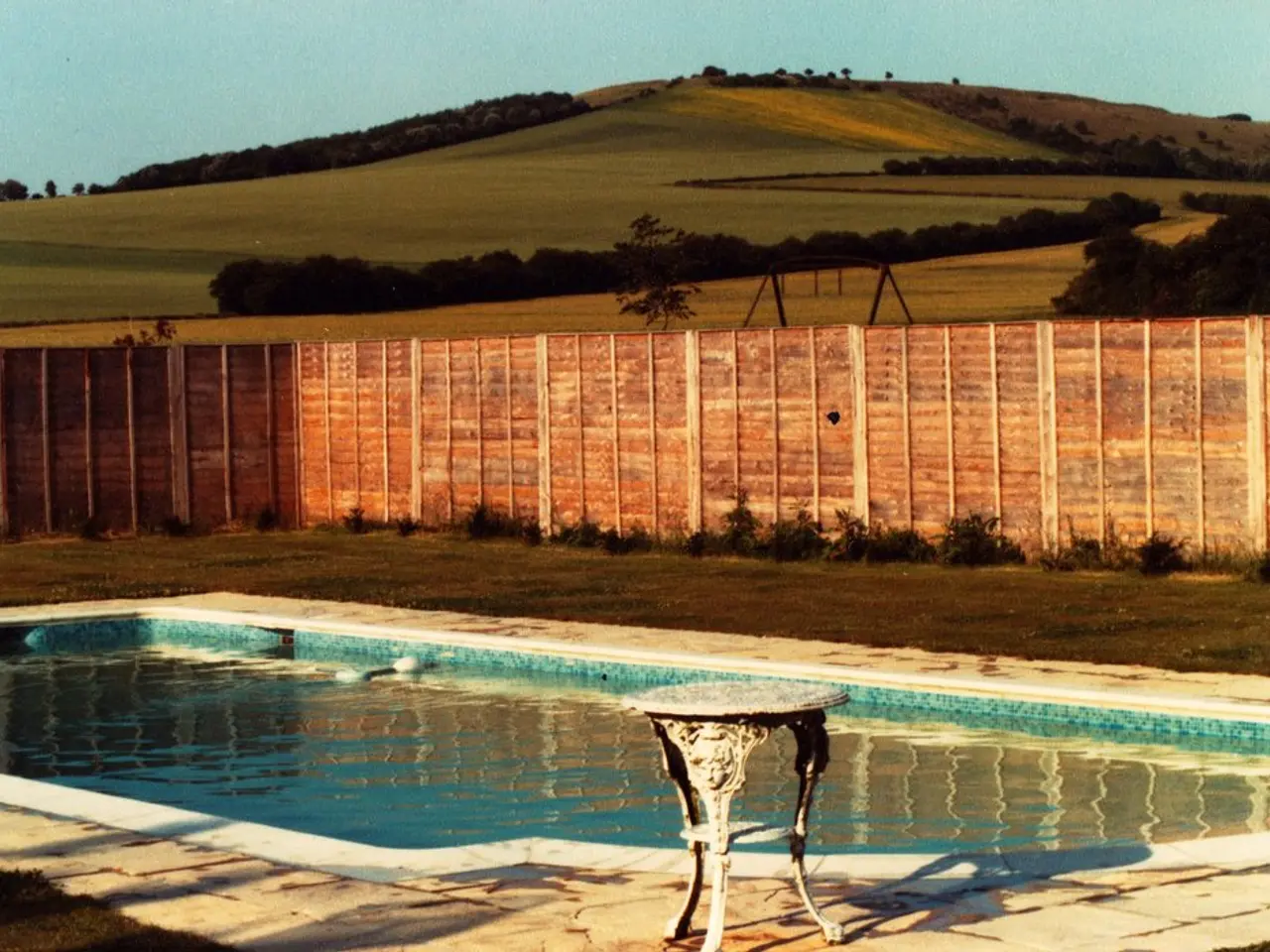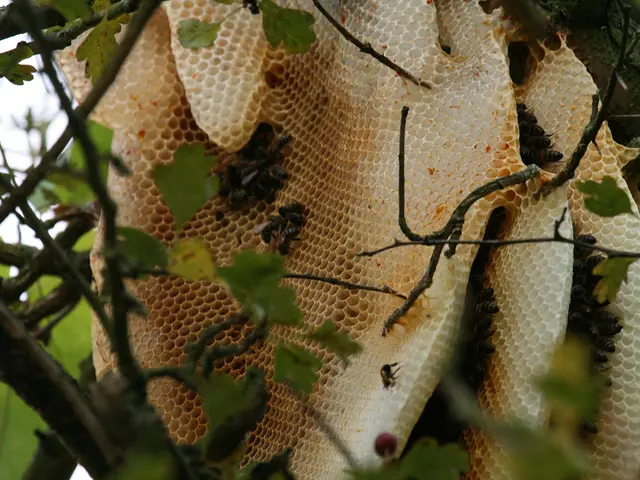Pool Fence in Georgia Maintaining Safety and Adherence to Regulations
In Georgia, pool safety is paramount, especially for families with young children. To prevent accidental drownings, the state mandates that all residential swimming pools be enclosed with approved safety barriers.
The key requirements for Georgia pool fences include a minimum height of 48 inches (4 feet), with fence openings no larger than 4 inches to prevent children from slipping through. These barriers must also comply with ASTM safety standards, such as ASTM F2286 for removable mesh fencing, and meet local building codes enforced by the City of Atlanta and Fulton and DeKalb Counties.
The fences must be durable and weather-resistant, built to withstand Georgia’s humid subtropical climate, including summer heat, heavy rain, and storms.
Installing a pool fence in Georgia involves several steps. First, the design and planning phase ensures the fence meets all height and opening requirements and accommodates local building codes. Next, necessary permits must be obtained, which may require submitting site plans and safety barrier details.
Site preparation involves clearing and levelling the fence perimeter around the pool, maintaining required distances from property lines and mechanical equipment. Fence installation follows, with posts securely installed in the ground, mesh or panel fencing attached, and the total fence height verified.
Safety features such as self-closing and self-latching gates with childproof latches positioned out of children's reach are essential. The fence must then be inspected per local ordinances to confirm it meets safety regulations before pool use.
Beyond fencing, trending safety measures include the use of removable mesh fences that comply with ASTM F2286, offering flexibility and ease of use while maintaining safety. Alarm systems on doors and windows with direct pool access alert when someone enters the pool area, providing an additional layer of protection.
Elevated pool equipment installation, durable fencing materials like aluminum or reinforced mesh designed for longevity in Georgia's climate, and a focus on childproof locking mechanisms and maximizing barrier effectiveness while maintaining visual aesthetics are also popular safety measures.
By adhering to pool safety regulations in Georgia and implementing the latest safety technologies, pool owners can create a safer environment for families and visitors around swimming pools. Future fads in pool safety may include biometric access control systems, solar-powered lighting, and augmented reality (AR) safety training.
When choosing a pool fence, factors such as durability, aesthetics, and maintenance requirements should be considered. Before installing a pool fence in Georgia, it is necessary to familiarize oneself with the local legal requirements. The primary function of a pool fence is to prevent unauthorized access to the pool area, reducing the risk of accidents. The installation of a pool fence is a key safety measure mandated by law in Georgia to prevent drowning incidents, especially involving children.
Home and garden enthusiasts in Georgia should carefully consider essential lifestyle features when installing a pool fence, as these barriers are key safety measures mandated by law to prevent accidental drownings, particularly for families with young children. The fence must be not only durable and weather-resistant to withstand Georgia's humid subtropical climate but also comply with local building codes, ASTM safety standards, and lifestyle trends emphasizing childproof locking mechanisms and removable mesh fences that enhance safety while offering flexibility and aesthetic appeal.




